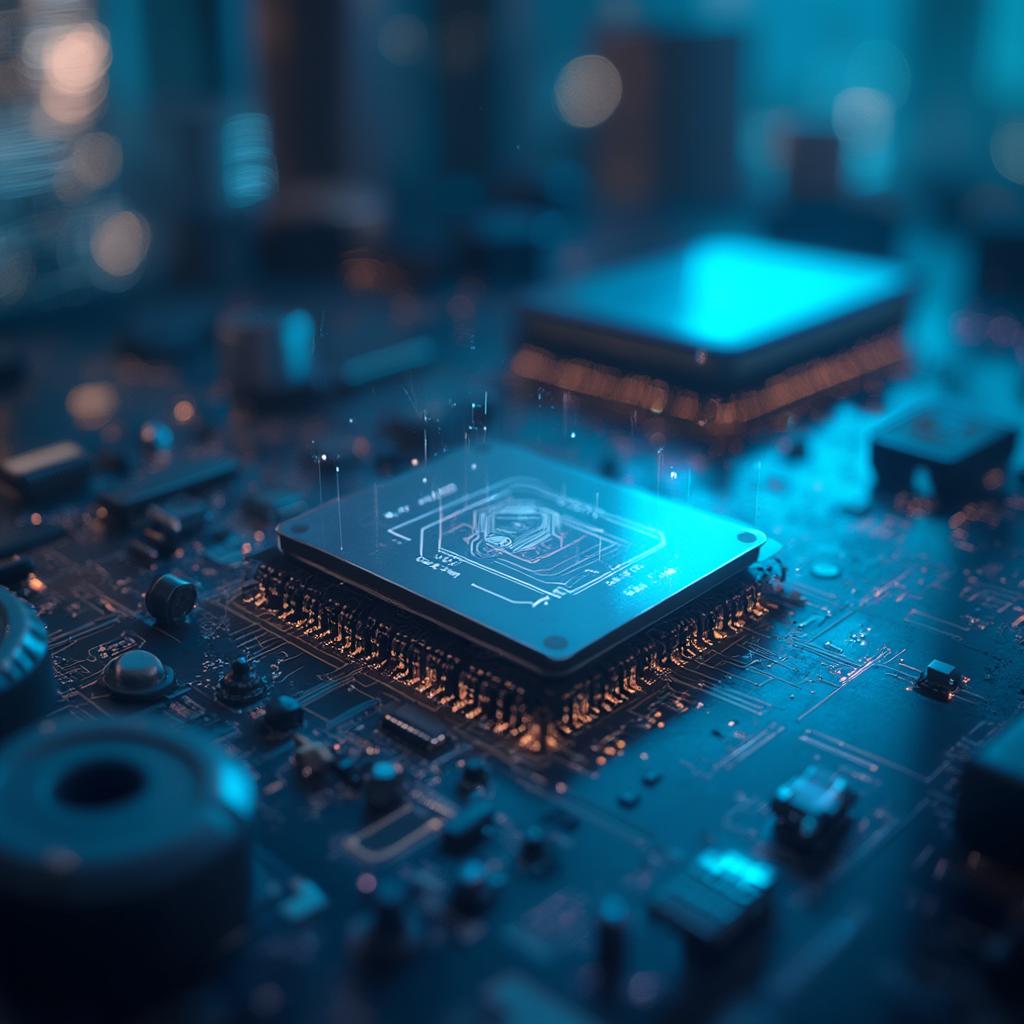
The U.S.’s export rules on AI technology seem to be doing their job, according to Anthropic CEO Dario Amodei. In a recent essay, he discussed how these regulations are impacting China’s AI advancements, particularly focusing on the achievements of DeepSeek, a Chinese AI firm.
Amodei pointed out that while DeepSeek has made impressive strides, its models still lag behind U.S.-developed ones by several months. For instance, DeepSeek’s V3 model, trained late last year, performs similarly to Anthropic’s Claude 3.5 Sonnet, which was completed almost a year earlier. Despite being more cost-effective, DeepSeek’s progress aligns with expected industry trends rather than signaling a breakthrough.
Amodei emphasized that the U.S. remains ahead in AI innovation, with companies like Anthropic continuing to reduce costs and improve efficiency. He also noted that the techniques DeepSeek uses will likely be adopted by both U.S. and Chinese labs, keeping the competition tight.
The real game-changer, Amodei argued, could be the Trump administration’s approach to export policies. If stricter controls are enforced, the U.S. could maintain a significant lead in AI development. However, if these rules are relaxed, China might focus more on military applications of AI, potentially gaining an edge globally.
Amodei stressed that the goal isn’t to deny China the benefits of AI but to ensure it doesn’t achieve military dominance. This sentiment aligns with concerns raised by other industry leaders, including OpenAI, which has also called for stronger measures to protect U.S. AI interests.
As the debate over export controls heats up, it’s clear that the stakes are high. The decisions made in the coming months could shape the future of AI competition—and influence which country takes the lead.
